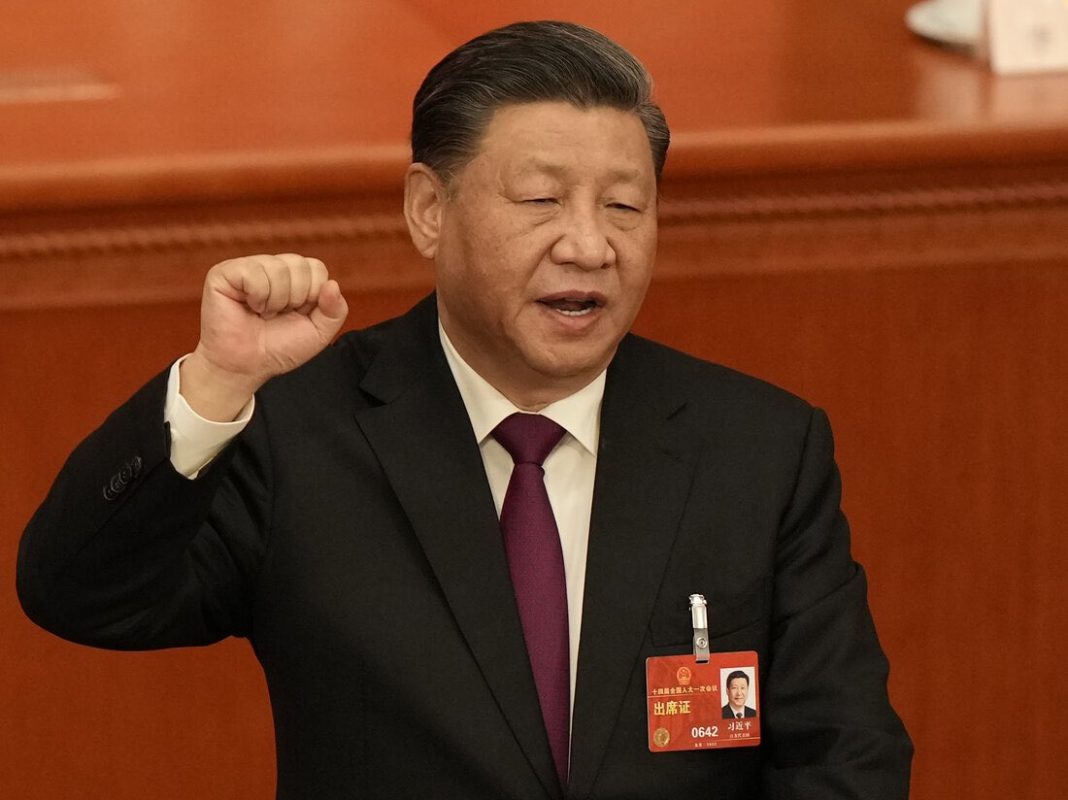Chinese President Xi Jinping reiterates China’s intent for Taiwan’s reunification, emphasising ‘unstoppable historical trend’ amid rising tensions.
January 1, 2024: In a bold and assertive New Year’s Eve address, Chinese President Xi Jinping issued a stern warning regarding Taiwan, declaring that “no one can stop the reunification of the motherland.” The statement underscores Beijing’s longstanding claim over Taiwan and comes amid escalating tensions in the region.
Mounting Military Pressure
Over the past year, China has intensified military activities around Taiwan, conducting three large-scale military drills since the island nation held democratic elections in May, bringing President Lai Ching-te to power. These drills, according to Taiwanese authorities, were the largest in years, with repeated violations of Taiwan’s airspace by Chinese forces.
Also Read: China Builds Over 200 New Jails as Xi Jinping Intensifies Anti-Corruption Campaign
Xi’s rhetoric reflects a hardening stance, emphasizing the “shared blood ties” between the people on both sides of the Taiwan Strait. He added, “No one can sever our blood ties, and no one can stop the historical trend of the reunification of the motherland.”
Also Read: Pakistan’s Risky Gamble With China Backfires Amid Gwadar Port Talks
Strategic US-Taiwan Alliance
Taiwan remains a key flashpoint in US-China relations. As a strategic ally of the United States, Taiwan receives significant military aid and advanced weaponry from Washington. The island nation represents a crucial link in the US Indo-Pacific strategy, and the Biden administration has continued to assert its support for Taiwan’s democracy in the face of Beijing’s increasing hostility.
Historical Context
The origins of the China-Taiwan conflict trace back to the Chinese Civil War (1927-1949). After losing to Mao Zedong’s Communist Party, Chiang Kai-shek’s Kuomintang (KMT) fled to Taiwan and established a government-in-exile in 1949.
For years, the Republic of China (Taiwan) was recognized as the legitimate government of China and even held a permanent seat in the United Nations Security Council until 1971, when diplomatic recognition shifted to the People’s Republic of China (PRC).
The Cross-Strait Divide Today
While Taiwan thrives as a democracy, China continues to pressure other nations to sever diplomatic ties with Taipei. Xi Jinping’s speech reinforces Beijing’s commitment to pursuing reunification, with military intervention remaining an open possibility if diplomatic means fail.
As 2025 approaches, the geopolitical stage is set for heightened tensions, with Taiwan’s sovereignty, US strategic interests, and China’s unyielding claims poised to define the next chapter of this long-standing conflict.
Tags: China-Taiwan Conflict, Xi Jinping, Taiwan Reunification, Cross-Strait Relations, US-China Relations, Geopolitics, Indo-Pacific Security

